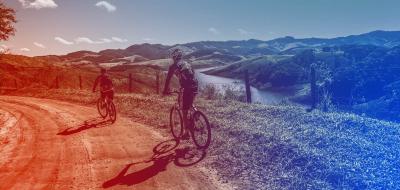About
The Department of Recreation, Sport and Tourism at the University of Illinois at Urbana-Champaign aims to understand and promote the development and sustainability of healthy communities and advance the quality of life and well-being of individuals, families, and communities through parks, recreation, sport, and tourism.
That goal is realized through excellent teaching, inquisitive research, and engagement with communities, states, and nations that enriches lives across our diverse society.
History
The Department of Recreation, Sport and Tourism has a long and distinguished history at the University of Illinois at Urbana-Champaign. Principles of Recreation, the first undergraduate course in recreation, was offered in 1937. Two years later, the first graduate course was offered: Philosophy and Administration of Recreation. Over the next 10 years, a few recreation courses were offered. A formal curriculum in recreation was established in 1948, later leading to a Bachelor of Science in recreation. A graduate program was established and the Master of Science degree in recreation was approved in 1953. In 1972, the Doctor of Philosophy degree was approved.
In 1957, the recreation curriculum was moved from program status to departmental status as the Department of Recreation and Municipal Park Administration. To better reflect an evolving field and curriculum, the department changed its name to the Department of Recreation and Park Administration in 1967. The department name was changed to Department of Leisure Studies in 1975 and to the Department of Recreation, Sport and Tourism in 2004.
Research Focus
Faculty and staff of the Department of Recreation, Sport and Tourism at the University of Illinois work to advance knowledge about the choices that people make for their discretionary time, including outcomes of those choices at personal, family, community, and institutional levels. RST faculty and staff apply their expertise to enhance the delivery of leisure services, recognizing that recreation, sport and tourism are synergistic elements of a unique and multifaceted industry. RST appreciates the significance of play, the contribution of arts, and the value of diversity. The research and engagement of RST foster healthy lifestyles, environmental stewardship, effective management and marketing of organizations, and social and economic development of communities.
Advisory board
Mr. Dan Bolsen
- Director of Development, Purdue College of Pharmacy
- dbolsen@gmail.com
Ms. Jayne DeLuce, Chair

- President and CEO, Visit Champaign County
- jayned@visitchampaigncounty.org
Ms. Sue Grey
- President and CEO
- United Way of Champaign County
- sue@uwayhelps.org
Mr. Edward Harvey
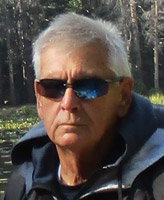
- Retired/Consultant
- ewharvey@comcast.net
Ms. Bobbie Herakovich
- Retired
- Bobbieh@comcast.net
Ms. Mary Liz Jayne
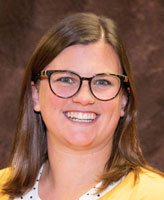
- Recreation Program Manager, Lisle Park District
- mljayne@lisleparkdistrict.org
Ms. Maddie Kelly
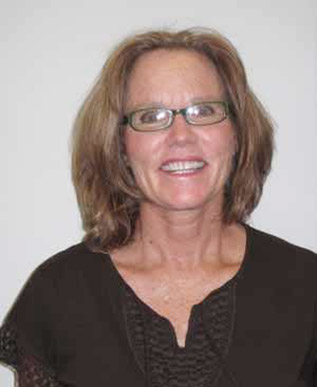
- Director, Oak Lawn Park District
- mkelly@olparks.com
Mr. Peter Korst
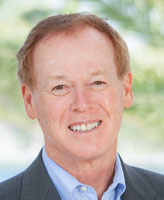
- Industry Client Leader IBM Health
- pkkorst@us.ibm.com
Ms. Maureen McGonagle
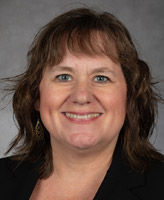
- Director, DePaul Campus Recreation
- mmcgonag@depaul.edu
Ms. Michelle Pusateri
- Lincoln Center Manager, Downers Grove Park District
- Michellepusateri11@gmail.com
Mr. Angus Shields
- Leisure Services Manager, Northbrook Park District
- ashields@nbparks.org
Ms. Michelle Tuft
- Superintendent of Recreation and Facilities, Skokie Park District
- mtuft@skokieparks.org

